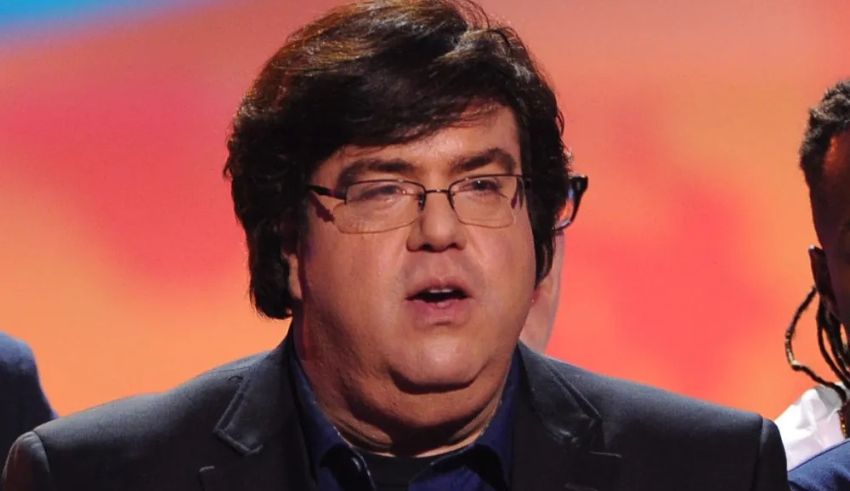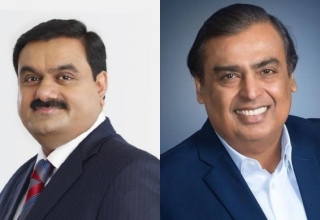
Prolific television producer Dan Schneider, behind many of Nickelodeon’s most famous programs, is proceeding with his defamation action against Quiet on Set’s creators. This documentary examines claims of misbehavior at Nickelodeon, focusing on Schneider at the center of a maelstrom of debate. Schneider vehemently rejects that the show said he sexually abused or deliberately hired people suspected of such behavior.
Judge Ashfaq G. Chowdhury’s November 22 judgment permitting Schneider’s case to move forward has made the lawsuit a focal point for debates on responsibility, free expression, and the thin line separating entertainment industry journalism from defamation.
Allegations and Consequences of Silence on Set
Quiet on Set looks at claims of toxic working culture and behavior at Nickelodeon, focusing on Schneider because of his long-standing impact at the network. Although the video falls short of outright accusing him of abuse, Schneider argues that it makes negative comparisons between him and other people accused or convicted of sexual assault.
Schneider’s lawyers contend that the content and promotional materials of the documentary—including its teaser—created a “defamatory implication” that damaged his reputation. More specifically, they claim the movie presents him as a sexual predator or participant in recruiting those accused of abuse for his events.
Emphasizing that slander can be suggested, Judge Chowdhury’s decision said, “A reasonable viewer could conclude the documentary draws damning implications about his behavior.” This choice emphasizes the weight of Schneider’s assertions and the possible damage to his reputation.
The Legal Struggle thus far
The defendants—Warner Bros. and Sony, among others who distributed the documentary—have fiercely opposed Schneider’s claim. Under California’s anti-SLAPP (Strategic Lawsuit Against Public Participation) law, which safeguards speech on issues of public concern, their legal teams sought to dismiss the lawsuit.
The defense contended that Quiet on Set did not specifically accuse Schneider and that his lawsuit aimed to silence honest conversation about Hollywood workplace culture. Judge Chowdhury disagreed with this, nevertheless, deciding that Schneider’s assertions call for more legal investigation.
The decision lets Schneider gather proof by means of discovery, a pivotal phase of his case building process. Although the present legal actions create the foundation for a possible case, they are not official accusations of fraud or slander.
Nickelodeon’s Evolution with Schneider
After an internal probe into claims of verbal abuse on his sets in 2018, Nickelodeon cut ties to Schneider. Though the inquiry turned up no proof of sexual misbehavior, Schneider’s two-decade tenure with the network came to an end.
Among the hit shows Schneider developed and produced over his career were Drake & Josh, iCarly, Victorious, and Zoey 101. These shows solidified his image as a trailblazer of children’s television but also drew criticism for his on-set behavior.
Since then, Schneider has apologized for some activities he took, including asking staff members for neck massages that he knew would make others uncomfortable. He has regularly refuted claims of sexual misbehavior, though.
What the Documentary Alleges to Show
Quiet on Set’s creators say their work seeks to highlight more general problems of workplace misbehavior in the entertainment sector. Although they deny specifically targeting Schneider, his name comes up frequently in talks about Nickelodeon’s claimed poisonous culture.
According to Schneider’s legal team, the documentary improperly associates him with others accused of sexual abuse, therefore tarnishing his character. According to the lawsuit, “The series created a spectacle of harm to Schneider, leveraging his name to drive consumer interest and revenues.”
Reacting to the documentary, Schneider has strengthened his denials of misbehavior. “I have never sexually assaulted or abused a child,” he said categorically in a court declaration. Along with information gathered during discovery, his legal team contends that this declaration will show the lack of foundation for the implications of the documentary.
Schneider has also attacked the directors for what he believes to be sensationalism, claiming that their methods have hurt his career and personal life needlessly.
The accusations and court fight coincide with a period of increasing scrutiny of the entertainment business for its management of workplace ethics and misbehavior. While the #MeToo movement has encouraged more responsibility, it has also begged concerns about the possibility of erroneous or too dramatic assertions.
Schneider’s situation emphasizes how difficult it is to resolve historical claims while guaranteeing equity for all the engaged parties. The result could set a standard for how sensitive subjects are handled in media projects and the degree to which people might pursue legal action for implied slander.
Responses from the Public and Industry
Reactions to the lawsuit have been uneven. Advocates of Schneider contend the documentary unfairly singles him without enough proof, therefore punishing him for claims he refutes. Critics, meanwhile, see the legal move as an attempt to stifle critical conversation on Hollywood’s power relations.
Industry insiders have pointed out that the case might have major ramifications for filmmakers, reporters, and other creatives addressing divisive topics. Entertainment attorney Marissa Goldstein remarked, “This lawsuit reminds us of the careful balance between legal liability and narrative.”
What direction is the case headed?
Both sides are getting ready for a drawn-out court fight as Schneider’s lawsuit advances. While Schneider will have a chance to defend his reputation, the discovery process will probably clarify the filmmakers’ motives and the supporting data for their assertions.
For now, Schneider’s decision by the judge is a major triumph since it lets him pursue justice against what he believes to be an attack on his integrity.
As a litmus test for how Hollywood negotiates the junction of responsibility, free expression, and individual rights in the post-#MeToo era, the case is sure to attract ongoing public and media attention.





















